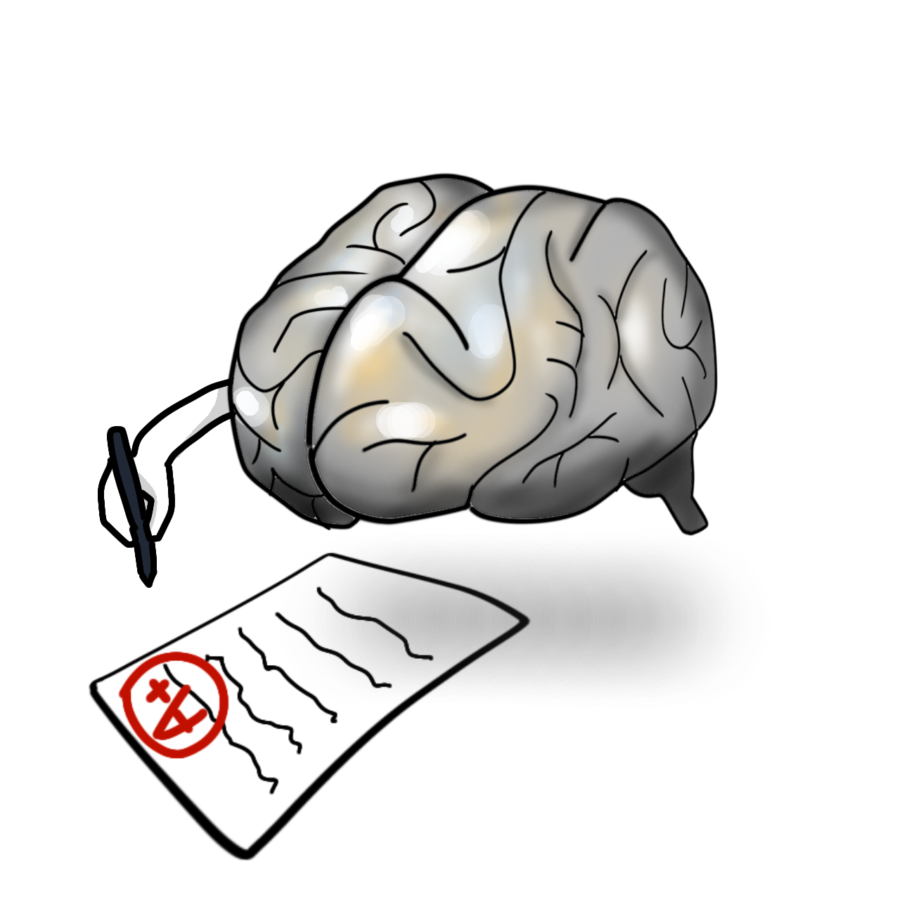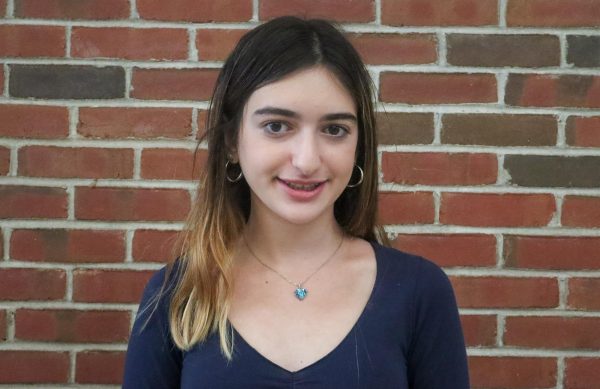Chat GPT rattles educational world
ChatGPT appears to have significant implications on the future of education.
February 15, 2023
In a world plagued by drastic increases in technology, such as Artificial Intelligence (AI), the invention and obsession with the platform ChatGPT comes as no surprise. This platform allows users to enter prompts in order to obtain AI-generated, human-like responses. Increasingly popular, it is used obsessively by students to write stories, essays, complete homework assignments, explain convoluted concepts, and more. It’s popularity skyrocketed after it was initially launched in November 2022, and it is now calculated to have over 1 million users.
There are certainly positive uses of ChatGPT. For example, users can take advantage of the software’s seemingly all-knowing nature and have it explain a difficult concept that they would like to understand. This exemplifies its positive role in creating a world in which information is highly accessible. On the other hand, that same user could type in a homework question and copy-paste ChatGPT’s response into the assignment that they later submit, claiming the work as their own. While most students focus on its ability to make life easier by cutting down the time spent on homework, ChatGPT could have various unforeseen consequences. Freshman Jordyn Folkart said, “it’s also kind of terrifying because it could take away creative jobs, which are people’s livelihood.”
It is extremely detrimental for students to take whatever ChatGPT says and put it into their homework, as it diminishes genuine learning and student growth. While ChatGPT can be a lifesaver for students with too much work and too little time, in the long run it hurts students much more than it helps. If students simply copy and paste their way through assignments, they will suffer during unit tests and AP exams after realizing that they have failed to retain any information. ChatGPT, the easy way out, ruins student motivation and work ethic, setting them up for failure in their later, more difficult, academic years. Government teacher Mr. William Vicari said, “By saying “use ChatGPT”, are we not just using a euphemism for “cheating”? So no, I do not like the idea of students using this bot.”
The most pressing issues arise with the discovery that ChatGPT doesn’t consistently provide accurate answers to the questions it receives. In fact, OpenAI, the company behind ChatGPT itself, admitted that it “sometimes writes plausible-sounding but incorrect or nonsensical answers” in a blog post. Proponents of the software that cling to the justification that it is an educational tool are dangerously incorrect. Freshman Brynn Johnson said, “I was testing it out with my dad once and we asked it to write a blog [post] about going on vacation. It started making stuff up…” As ChatGPT is often used to answer people’s questions, perpetuating the notion that it is an endless fountain of factual information simply facilitates the spread of misinformation.
In light of all the controversy surrounding the platform, the New York City Department of Education has recently banned the use of ChatGPT for all public school devices and networks, preserving the integrity of New York City public schools. Thankfully, Montgomery County Public Schools has recently followed suit, placing a ban on ChatGPT on January 3. While this only applies to one county, it is an important first step in maintaining academic vitality. Johnson said, “I think all schools should ban it because it’s quite hard for teachers to be able to distinguish between student-written or AI-written work, so it just opens up a path for cheating.”
Unfortunately, just because ChatGPT is banned in schools doesn’t mean that students will not use it at home, highlighting a larger problem with the popularity of such an easily accessible and desirable technology. While banning ChatGPT at school minimizes its use, it does not guarantee that all students will stop using it.
ChatGPT sheds light upon the proximity of a dismal future for student proficiency. While its high accessibility and ability to facilitate cheating and the spread of misinformation will certainly give teachers plenty of headaches, the larger problems are going to be felt by students themselves. Students may love how ChatGPT helps them spend minimal time on homework, but the reality is that if they learn to depend on robots for homework, they’re not going to benefit from their education.



